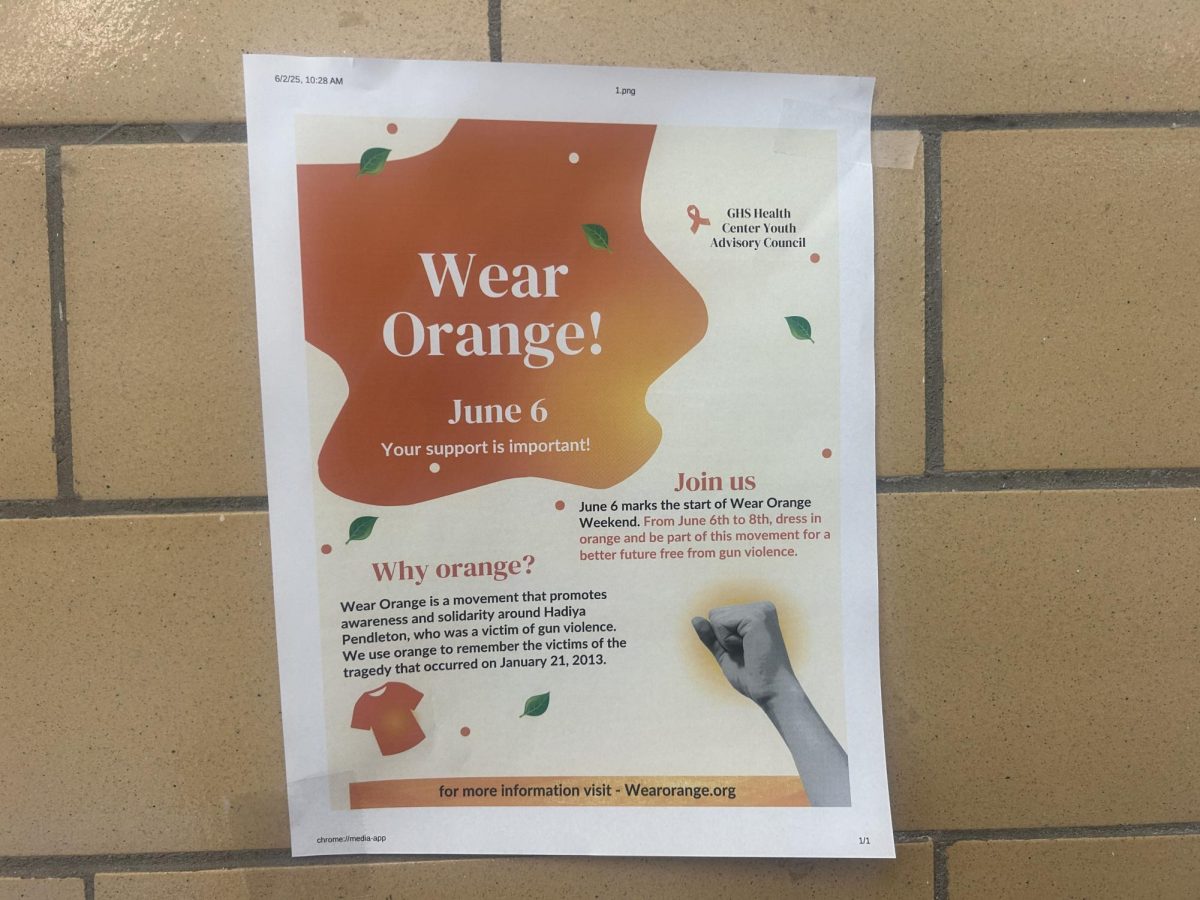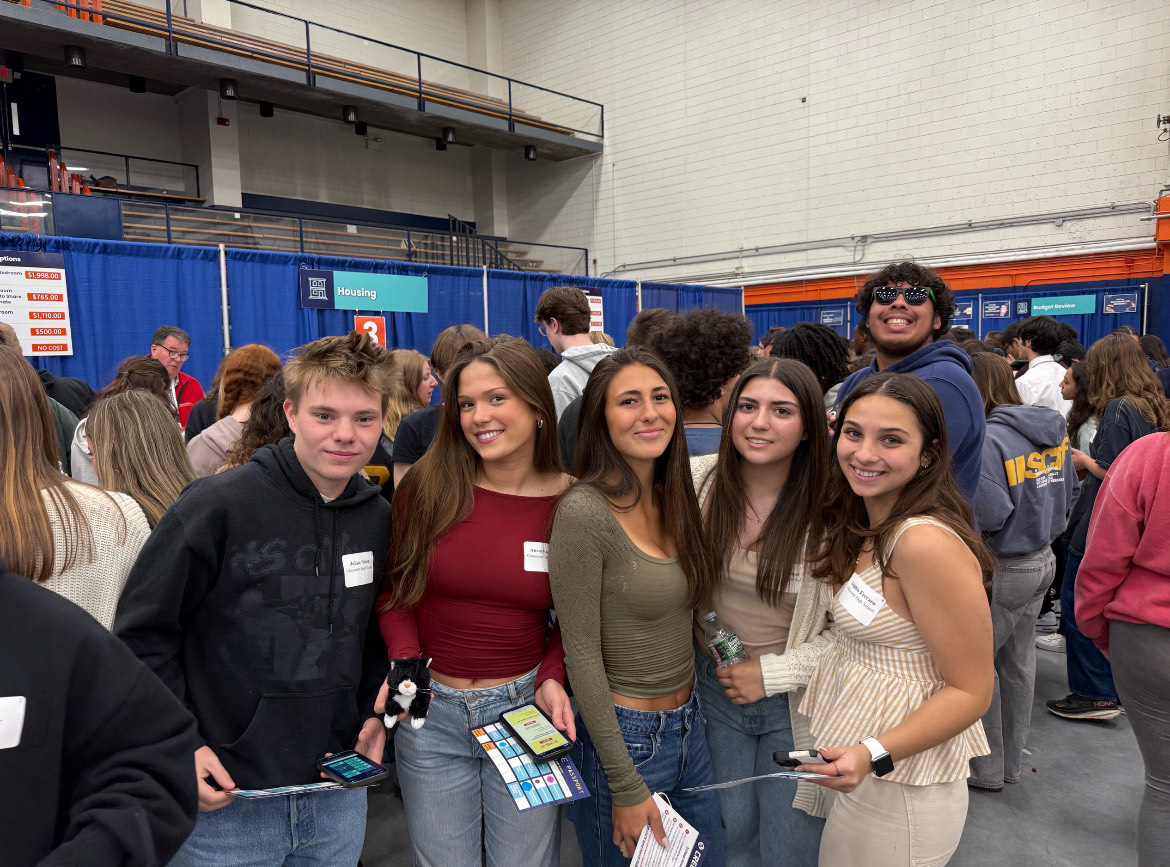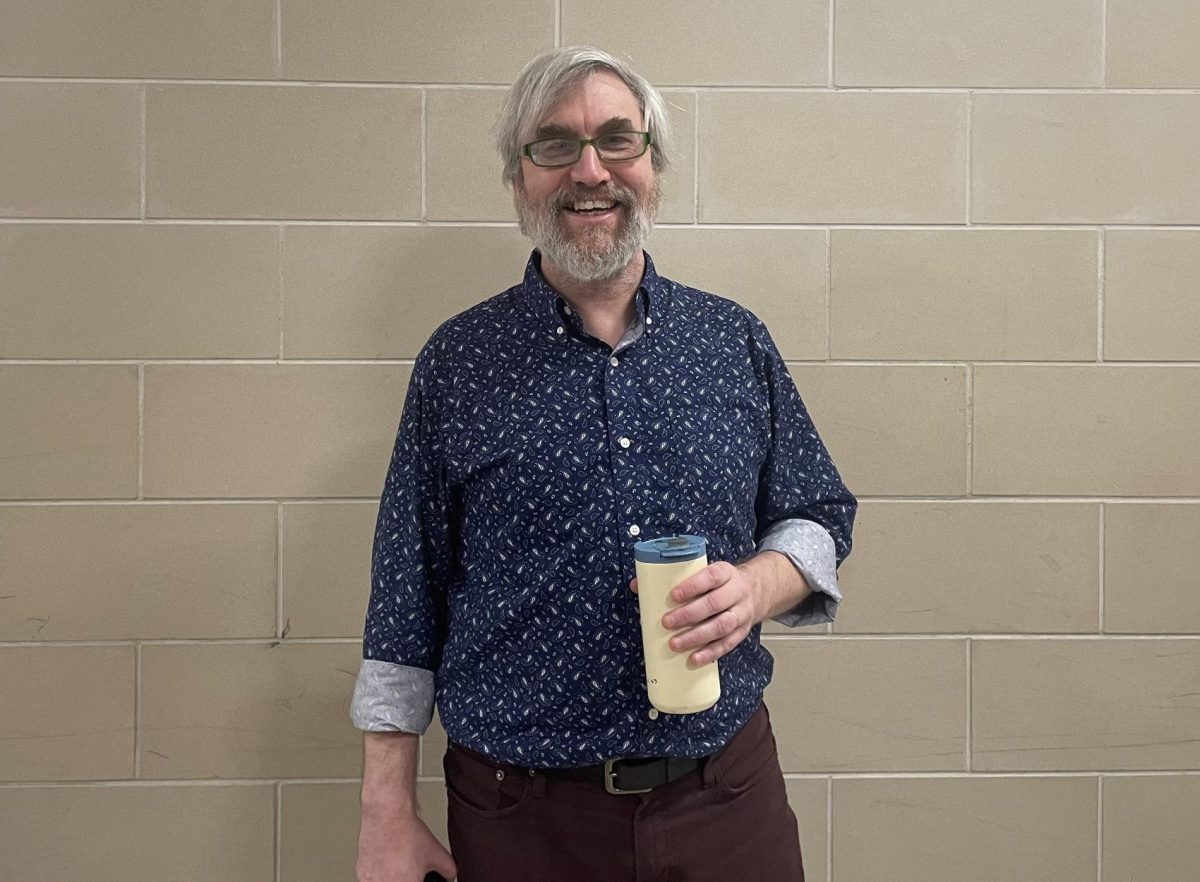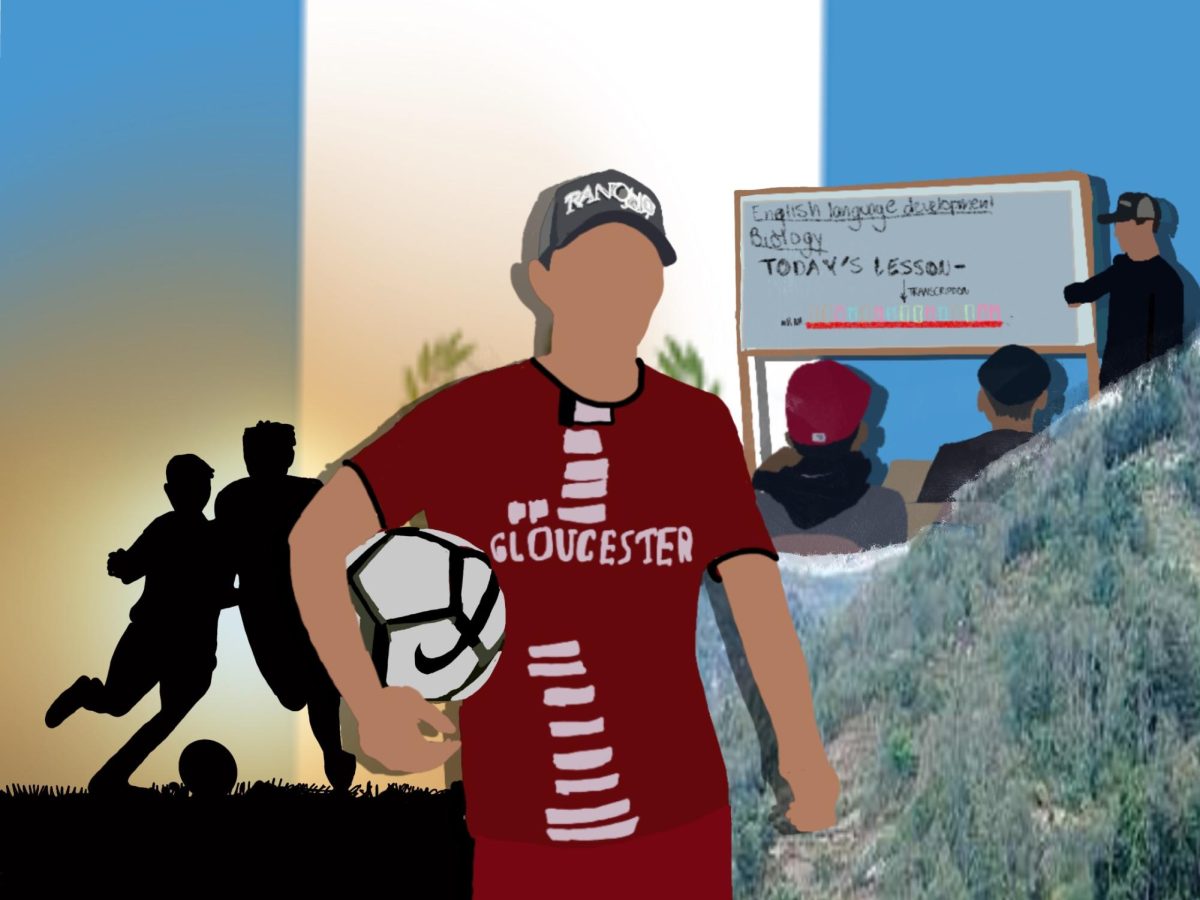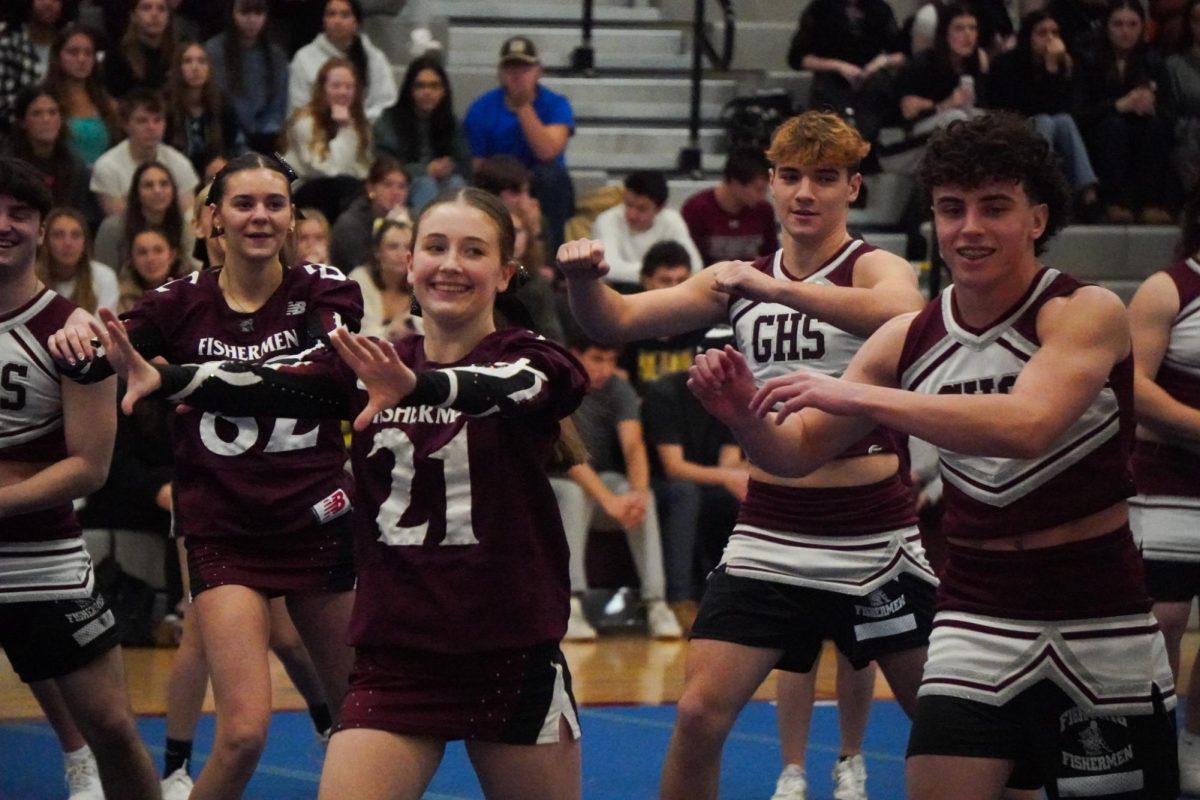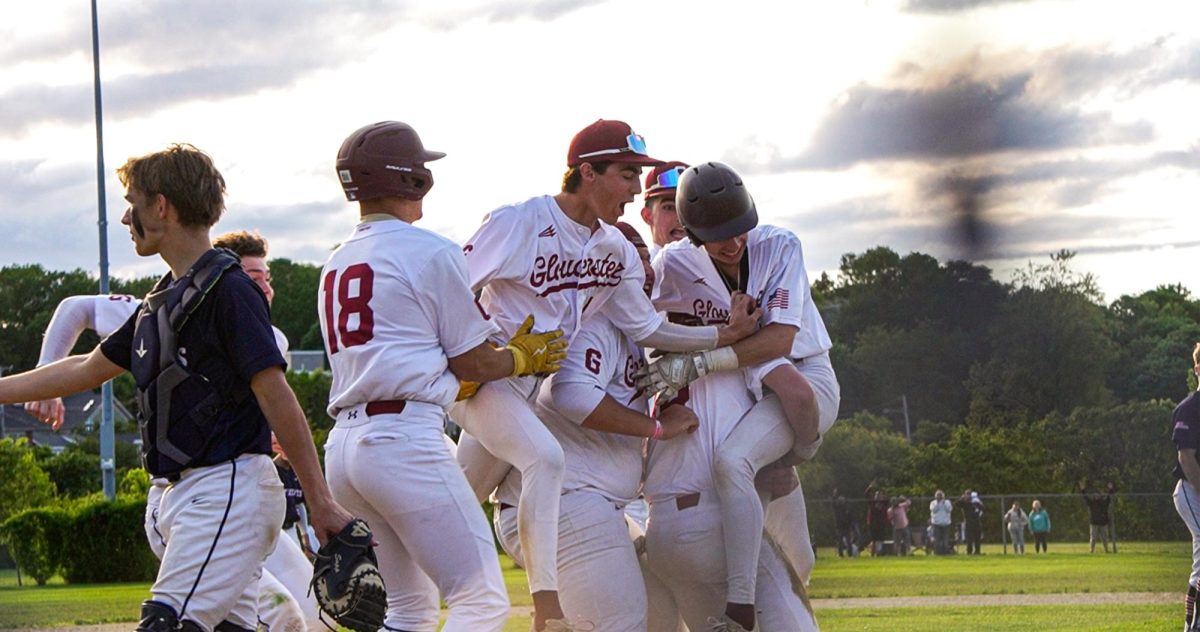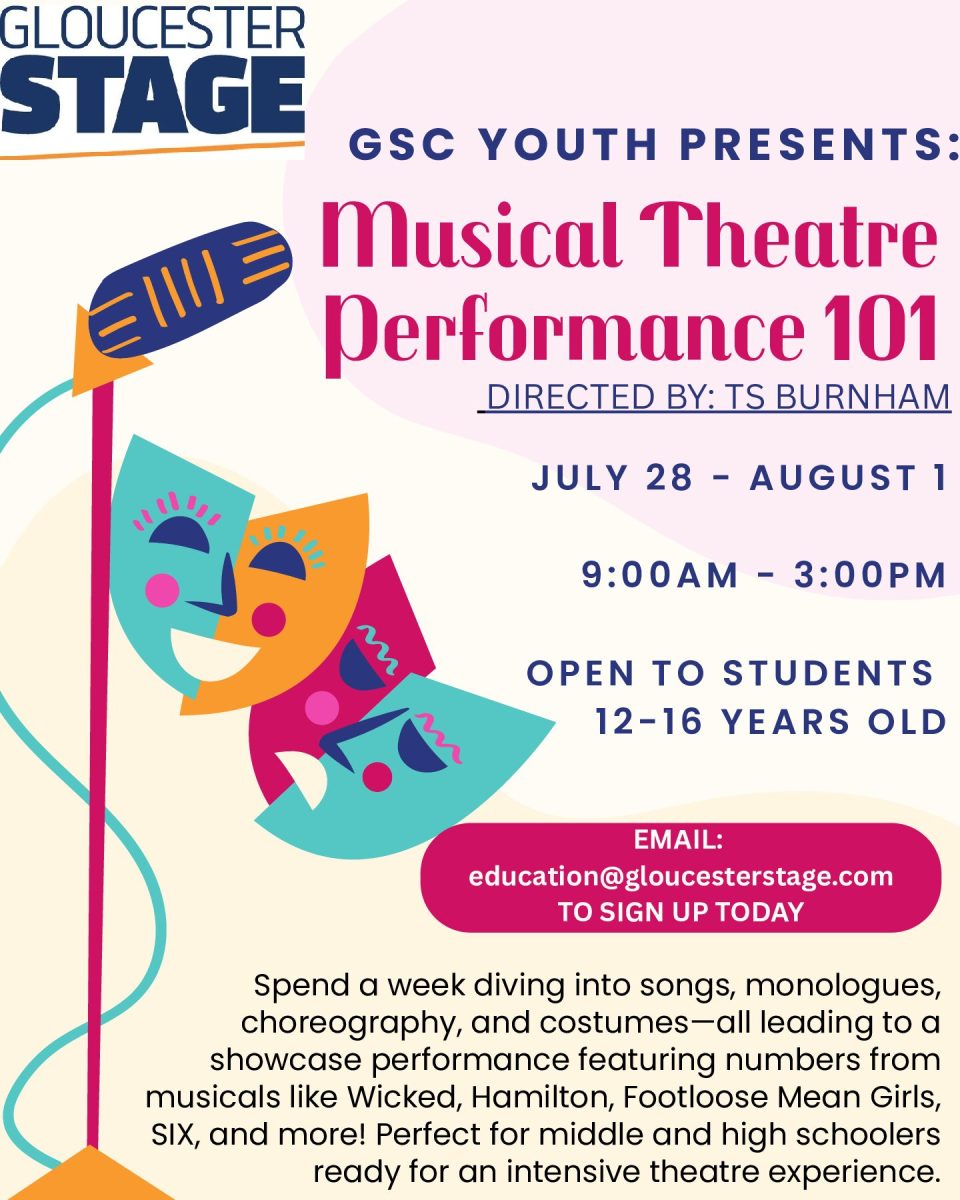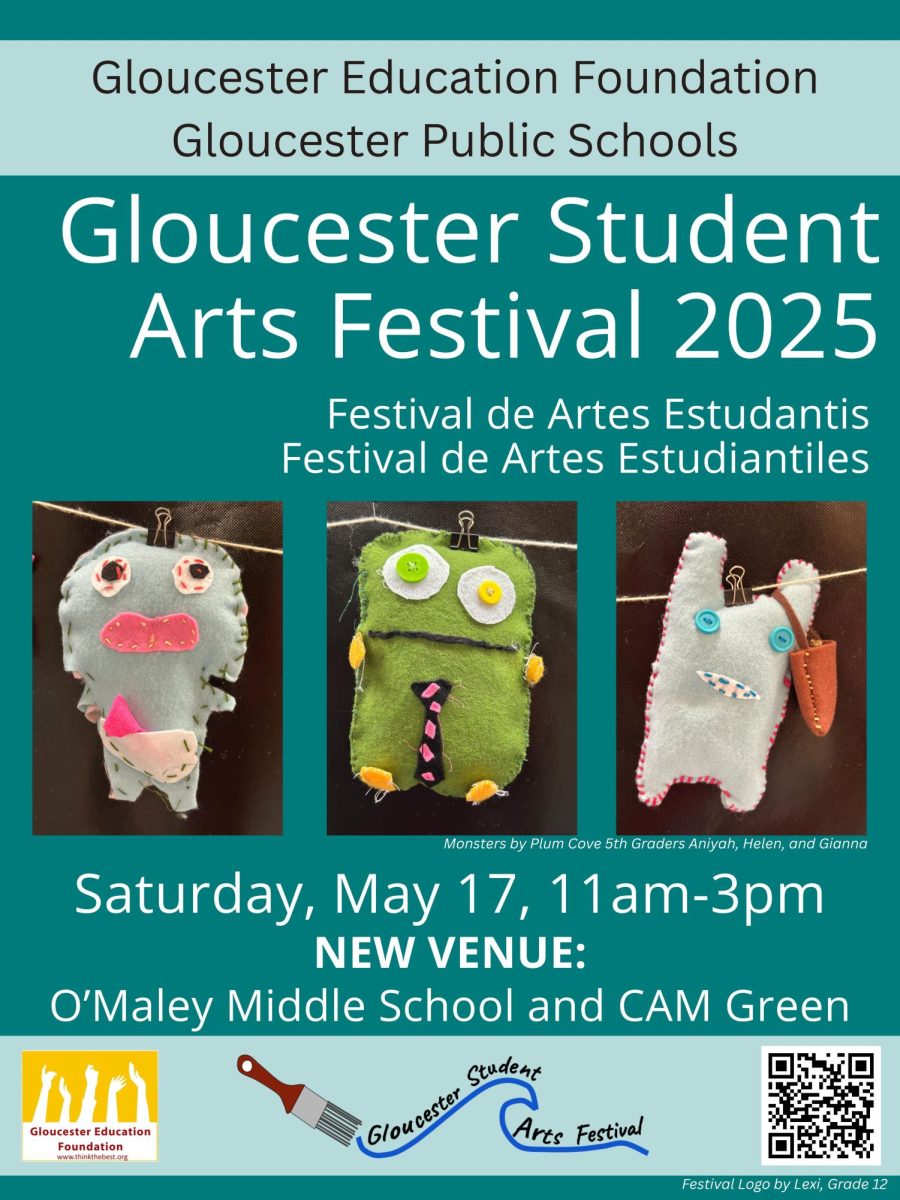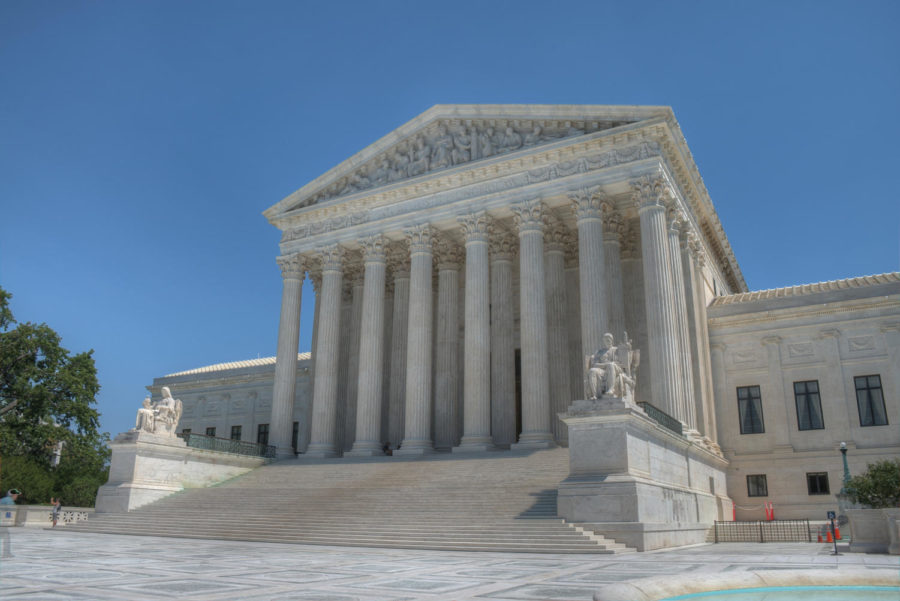Affirmative action hangs in the balance as Supreme Court hears new cases
November 7, 2022
Last Monday, the Supreme Court heard oral arguments for the cases Students for Fair Admission v. Harvard College and Students for Fair Admissions v. University of North Carolina. In both cases, the plaintiffs allege that the undergraduate admissions practices at the two schools discriminate against Asian-American applicants and are thus unconstitutional.
Affirmative action, one of today’s most contentious social issues, involves giving preference to racial groups historically underrepresented in higher education—specifically, black, Hispanic, and Native American students. Virtually every top university in the United States (with the exception of some public schools that are barred by state law from considering race, such as the University of Michigan or University of California system) employs the practice to some extent.
In 1978, the Supreme Court held in Regents of the University of California v. Bakke, and maintained in 2003, that it was constitutionally permissible to consider race in college admissions, but not to establish strict quotas. But the makeup of the Supreme Court has shifted decidedly to the right in the years since that decision, and as shown in its June 2022 decision to strike down Roe v. Wade, it’s not afraid to overturn precedent.
During court proceedings, the court’s conservative majority indicated skepticism towards the universities’ goals under their current systems. Justice Clarence Thomas went so far as to say he doesn’t “have a clue” as to what diversity in higher education meant.
The timeline of affirmative action was similarly scrutinized by Justice Amy Coney Barrett, who inquired when the use of race-conscious admission would no longer be necessary. “When is your sunset? When will you know?” Barrett asked lawyers from President Biden’s Justice Department, who provided counsel for the two universities.
Conversely, the court’s more liberal members emphasized the potential effects of declaring affirmative action unconstitutional. “If universities are not racially diverse,” noted Justice Elena Kagan, many of the country’s other top institutions would not be “racially diverse either.”
The Supreme Court’s decisions likely will not be released until 2023, meaning that the current admissions cycle will not be affected by these cases. Based on what was seen Monday, however, it seems likely that many colleges will have to find alternative bases to foster diversity upon next year.

